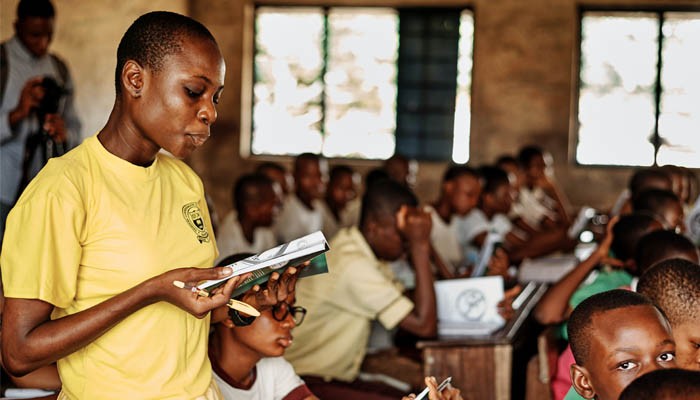
Education is the backbone of any society, and Nigeria is no exception. It plays a crucial role in shaping the future of individuals and the nation as a whole. However, the Nigerian education system is grappling with numerous challenges. From inadequate infrastructure to limited funding and quality assurance issues, the hurdles are daunting. In this article, we delve into the innovations transforming education in Nigeria while shedding light on the pressing challenges that need to be addressed for a brighter educational landscape.
Innovations in Nigerian Education
In recent years, Nigerian education has witnessed a wave of innovative approaches that are revolutionizing traditional classrooms.
Technology in education
One such transformation is the embrace of technology in education. With increased access to digital devices and internet connectivity, students now have a world of knowledge at their fingertips. E-learning platforms and educational apps have become invaluable tools for enhancing learning experiences.
Blended learning
Another notable innovation is the adoption of blended learning approaches. This method combines online instruction with traditional classroom teaching, offering students a dynamic and interactive learning environment. Blended learning has proven to improve student engagement and outcomes by catering to diverse learning styles and promoting self-paced learning.
Vocational training programs
Recognizing the need to bridge the gap between formal education and real-world demands, vocational training programs have gained traction. These programs equip students with practical skills and entrepreneurial knowledge, empowering them to thrive in the job market. By addressing the mismatch between traditional education and industry needs, vocational training programs pave the way for a more inclusive and economically prosperous society.
The innovative strides in Nigerian education signify a departure from conventional teaching methods, heralding a new era of experiential and technology-driven learning. These advancements promise to nurture a generation of adaptable and skilled individuals ready to face the challenges of the future job market.
Challenges in Nigerian Education Transformation
The transformation of education in Nigeria is not without its fair share of challenges. Inadequate infrastructure poses a significant hurdle, with a lack of classrooms, libraries, and laboratories impeding the learning environment. Furthermore, the absence of reliable electricity and internet connectivity in rural areas exacerbates the problem, hindering access to educational resources and opportunities.
Limited funding and resource allocation also pose significant challenges. Insufficient budgetary allocation for education stifles progress and limits the ability to implement necessary reforms. Additionally, the inadequate training and low salaries for teachers undermine the quality of education imparted, making it difficult to attract and retain qualified educators.
Quality assurance and standardized testing are important considerations in education transformation. Ensuring consistent and high-quality education across all schools is essential for equitable opportunities. Addressing examination malpractice and cheating issues is crucial for maintaining the integrity of assessments and certifying students' knowledge and skills.
How can Nigeria overcome these challenges?**
Overcoming these challenges requires a concerted effort from stakeholders. Adequate investment in infrastructure, increased funding for education, improved teacher training, and stringent quality control measures are imperative for a successful transformation of the Nigerian education system. Only through addressing these challenges can Nigeria truly unlock the full potential of its educational landscape and empower its future generations.
#WassupNaija
Written by Ola Abiodun, a copywriter with ten years of experience, he is passionate about technology and has assisted hundreds of businesses by using his copy to turn visitors into paying clients.